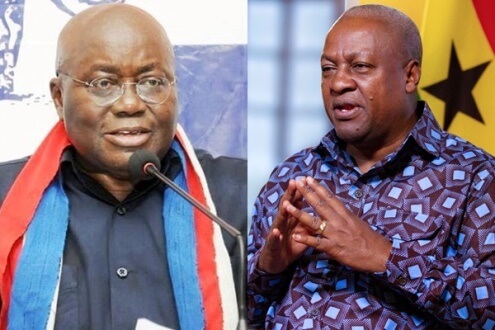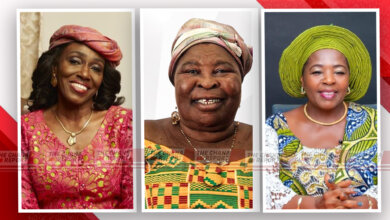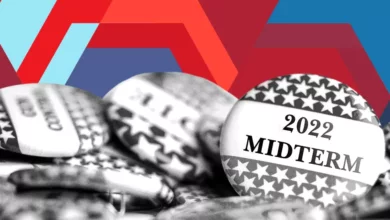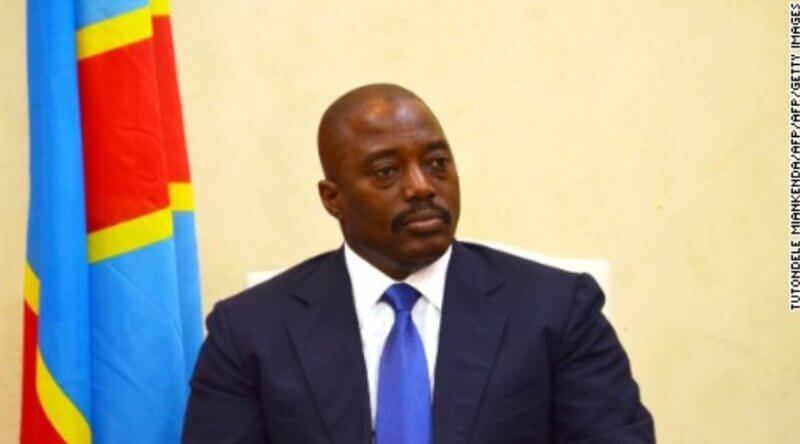Malians Protest ECOWAS Sanctions Backed by European Union
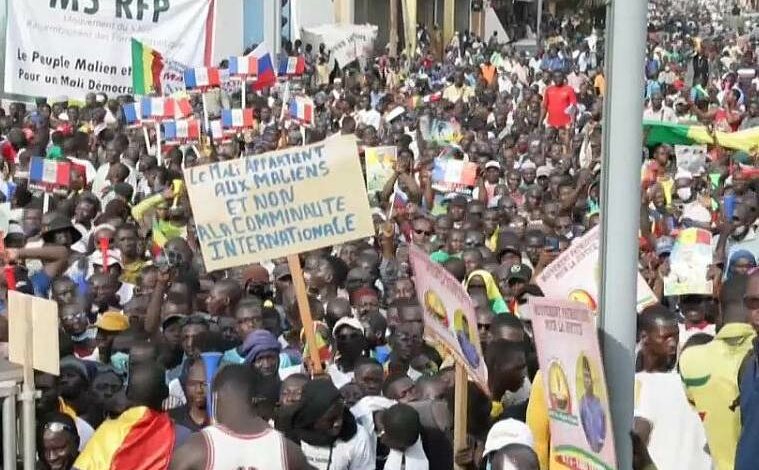
Mali’s military government supporters demonstrated on Friday, January 14, against sanctions supported by the European Union, that have cut the country off from regional trade and finance.
After coup leaders postponed promised elections to restore civilian authority in four years, the Economic Community of West African States (ECOWAS) slapped the sanction this week. Mali’s military administration then called for widespread protests against ECOWAS sanctions imposed following a special session in Accra, Ghana, last Sunday.
The European Union backing the sanction will impose sanctions on Mali in line with measures already taken by the ECOWAS grouping of West African states, EU foreign policy chief Josep Borrell said on Thursday, January 13.
If elections are not held on the previously agreed-upon date of February 2022, ECOWAS has threatened to further penalise Mali. Leaders recommended a significantly lengthier transition in December, with the next elections scheduled for 2026.
Mali also closed its borders to ECOWAS countries as a result of the new sanctions, which included border closures and the barring of all supplies of goods except needs like food and medicine. Since the crisis in Mali began in 2012, much of the country has been out of the state’s control.
Modibo Dramé, a University of Bamako student who helped organise the march, says he supports the current military commanders for five years, if not ten, since he believes that is the only way Mali will achieve security.
“We want our country to have stability,” he said. “If ECOWAS wants to, we can do this together. If they don’t, we accept that — and we don’t stay together.”
Demonstrators gathered in major Malian cities such as Gao and Timbuktu, as well as smaller villages around the country, in addition to Bamako. Thousands of people had gathered around Bamako’s independence monument by 3 p.m., blocking the roadways.
Malian and Russian flags were carried by demonstrators.
Abdrahman Fofana, a pharmacist of sixty years, attended the rally to show his support for the military leaders, whom he described as the first in Mali’s history to be able to stand up to France.
“For us Malians, what’s missing in us?” Fofana said. “That we are united. We have this today thanks to the sanctions. We are united today. We will get through this. We are ready, even if it means death.”
Several political and religious organisations, including those who rejected the transition’s proposal for elections in 2026, have made statements condemning the sanctions against Mali.
Etienne Fakaba Sissoko, a political and economic expert and the director of Mali’s Economic and Social Policy Analysis Research Center, agreed with Fofana that the sanctions have brought Malians closer together politically:
“We are Malian first, before being part of the opposition or part of the majority,” Sissoko said. “We know that the primary victims of these sanctions are not the authorities, but rather the population, who didn’t ask to be in this situation, This is why we see these as sanctions against the population more than sanctions against the country or against the current authorities. So this explains in part the support, the union, the cohesion around the transitional leaders that we have today.”
In a televised address on January 10, Malian President Assimi Goita stated that he remained ready to dialogue with ECOWAS in order to “find a consensus.”
Source: VOA | REUTERS.
Abeeb Lekan Sodiq is a Managing Editor & Writer at theafricandream.net. He is as well a Graphics Designer and also known as Arakunrin Lekan.


